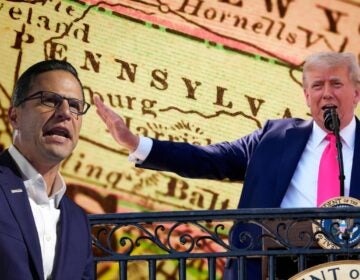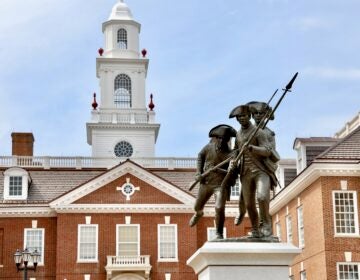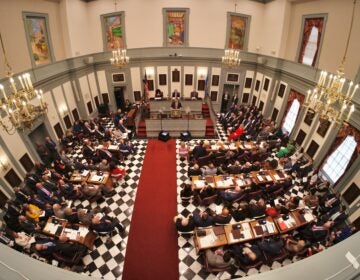Williams reaches for higher ground
Listen-
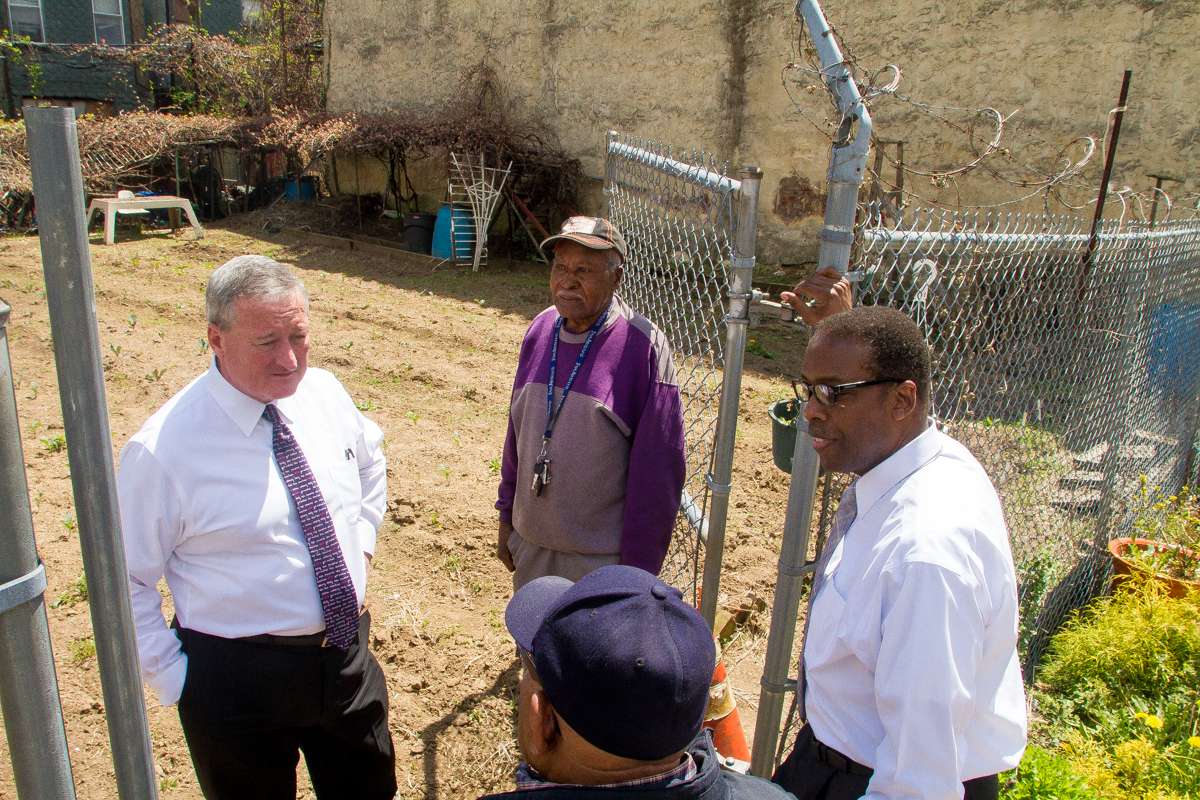
-
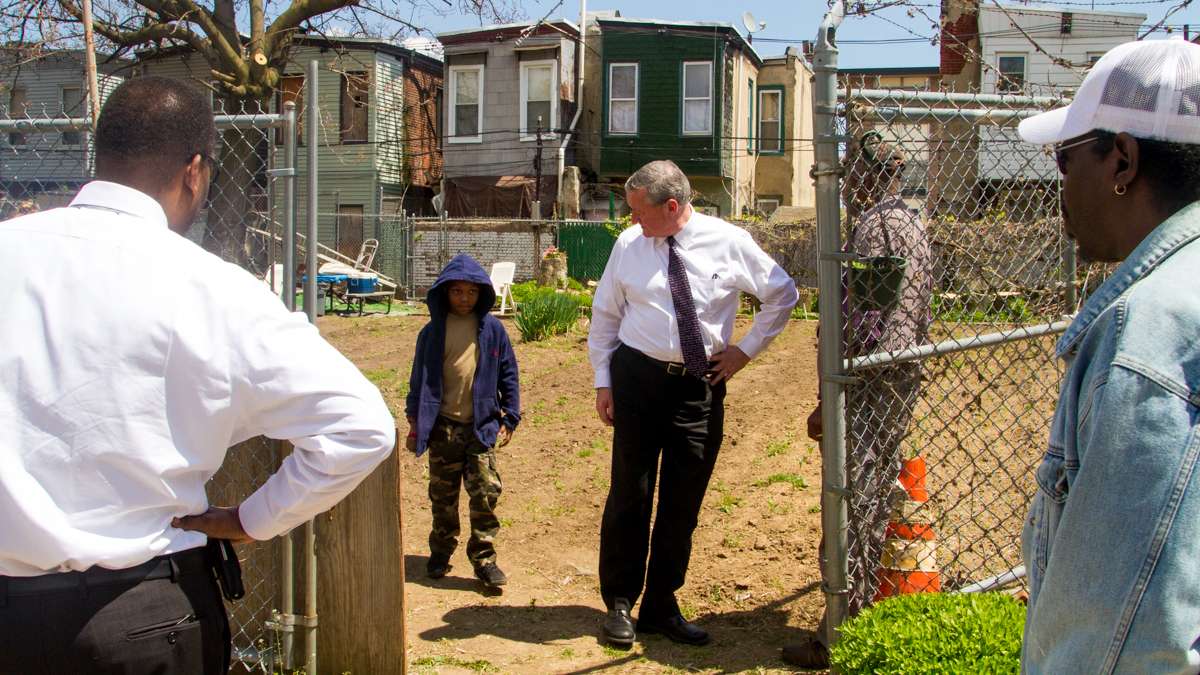
-
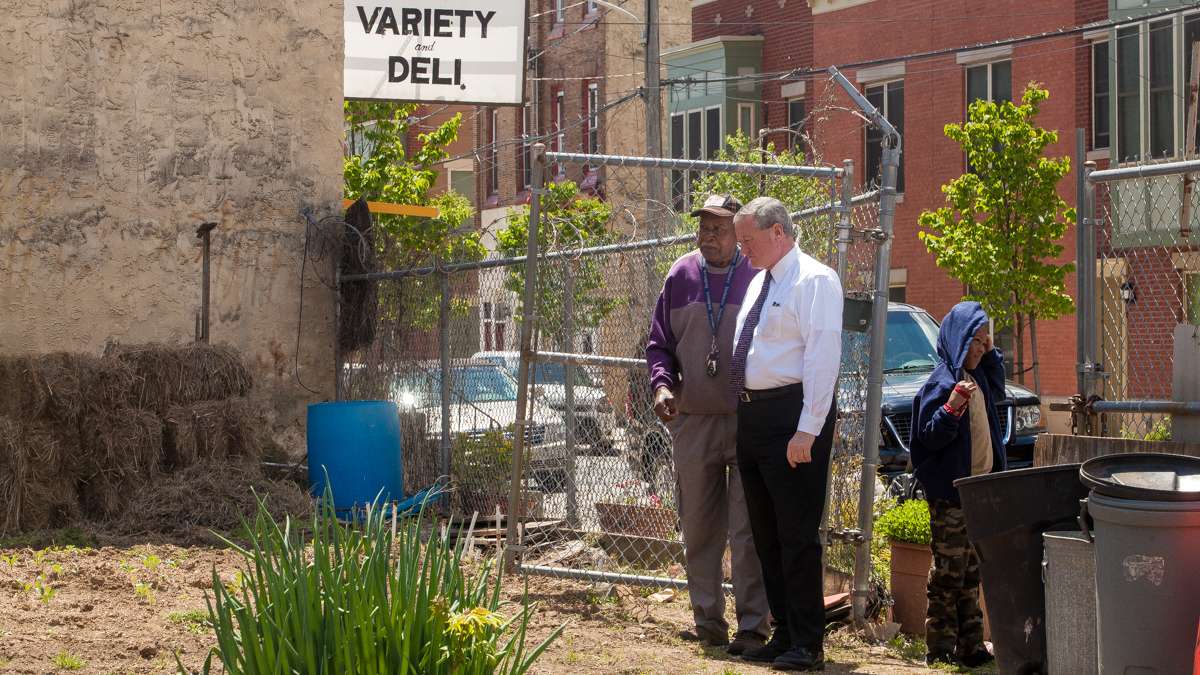
-
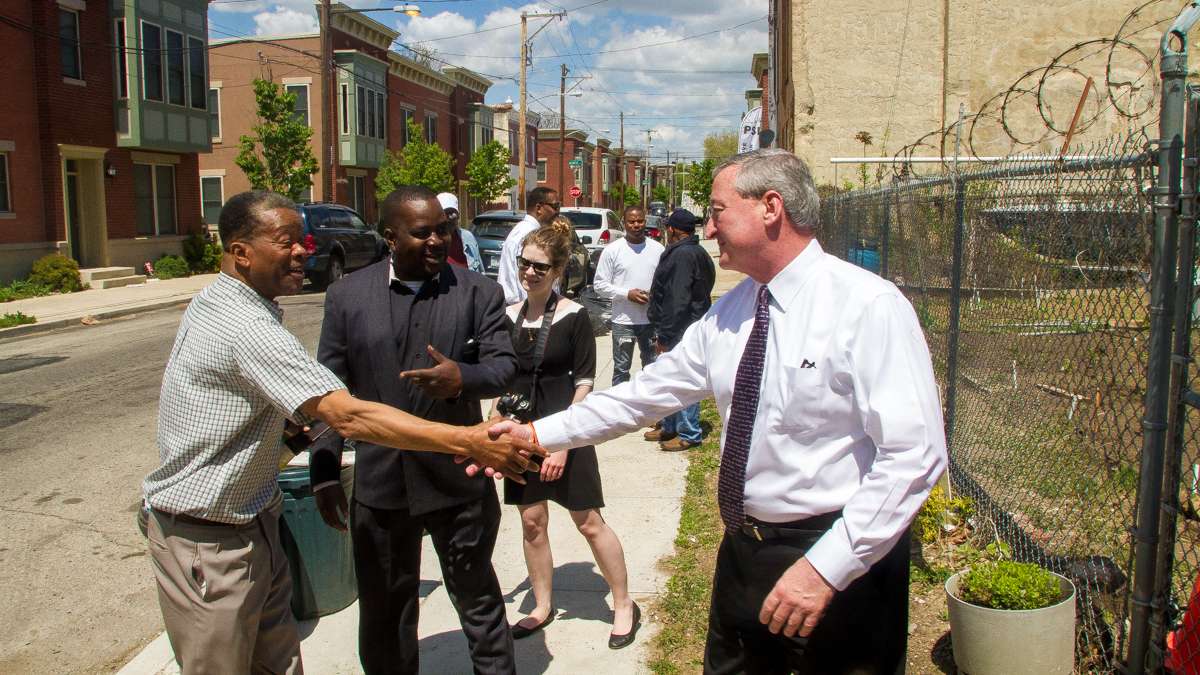
-
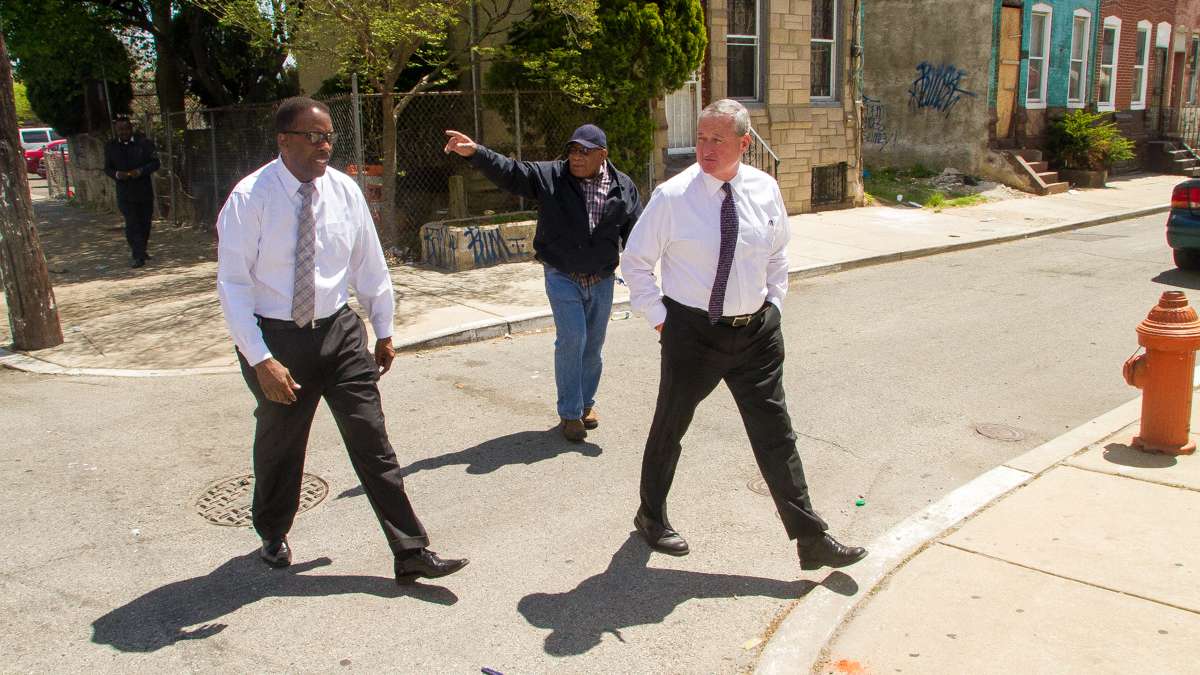
-
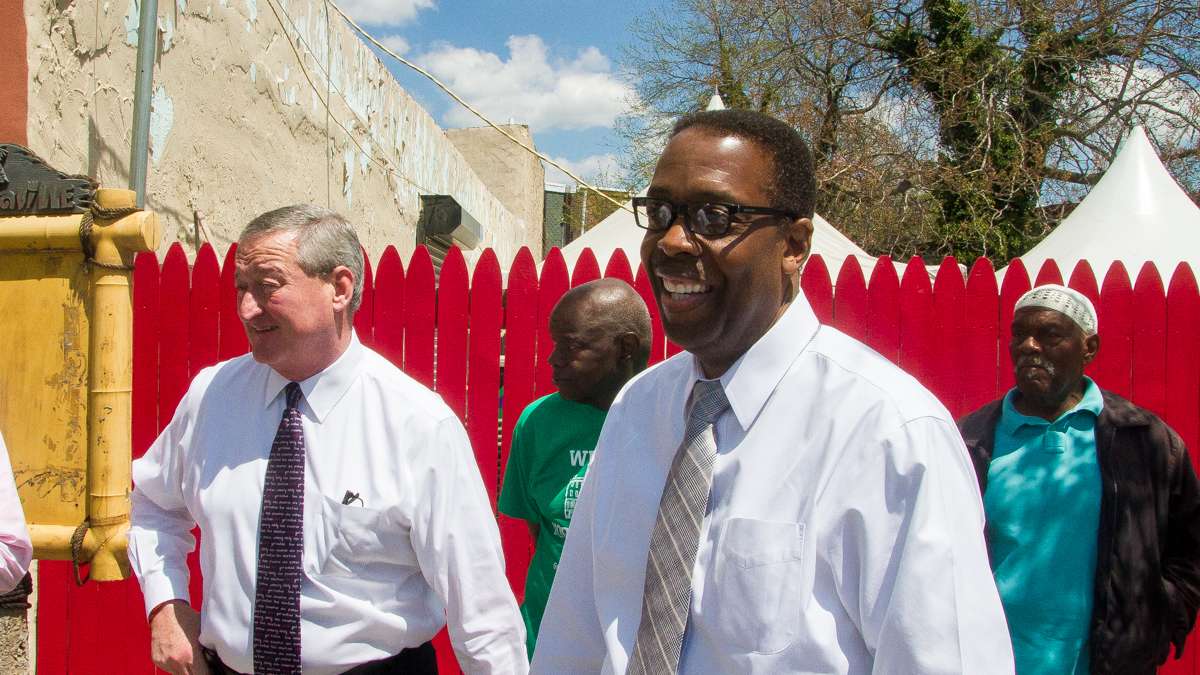
-
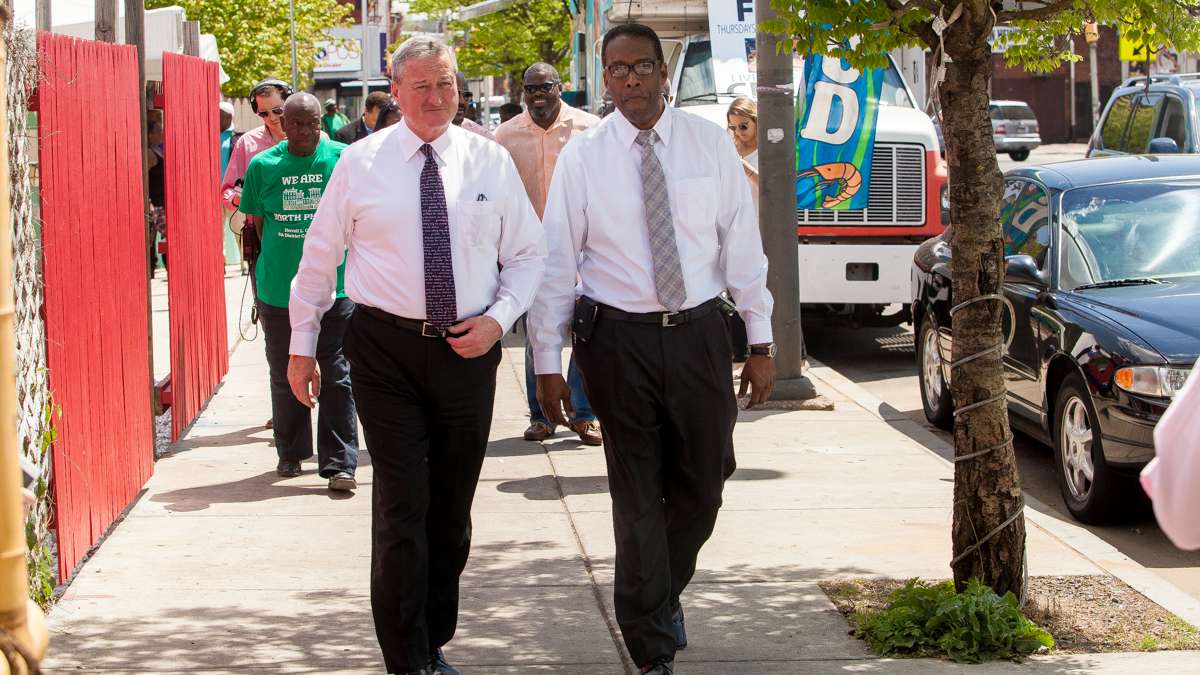
-
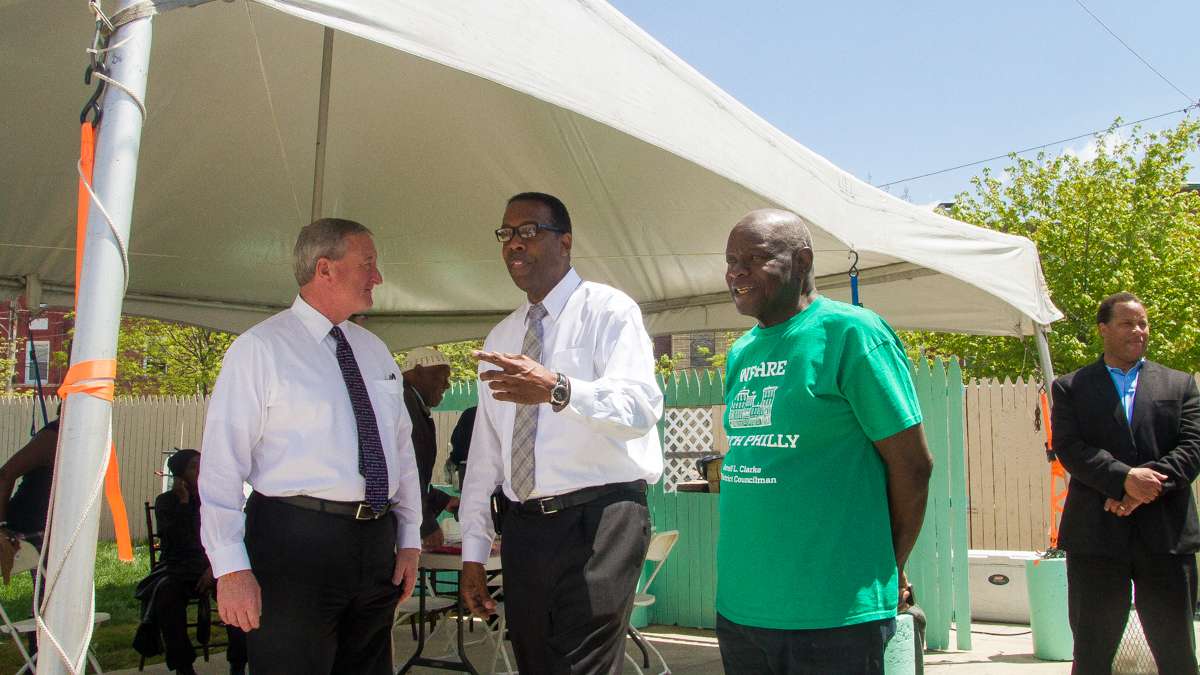
-
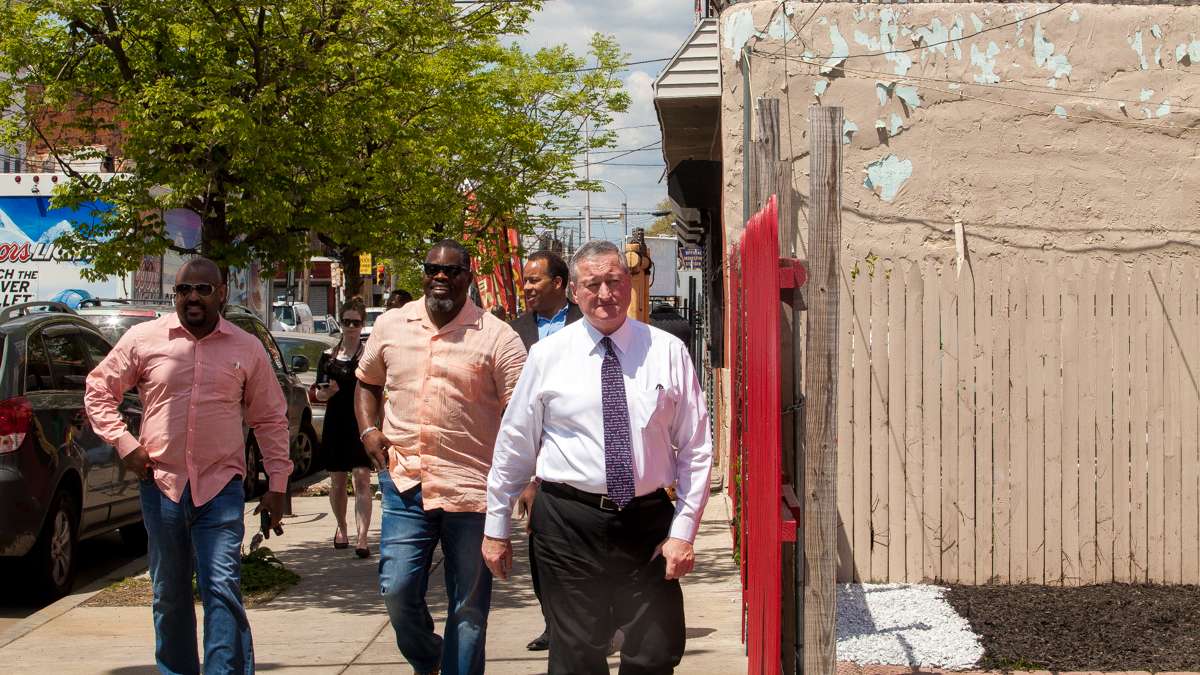
-
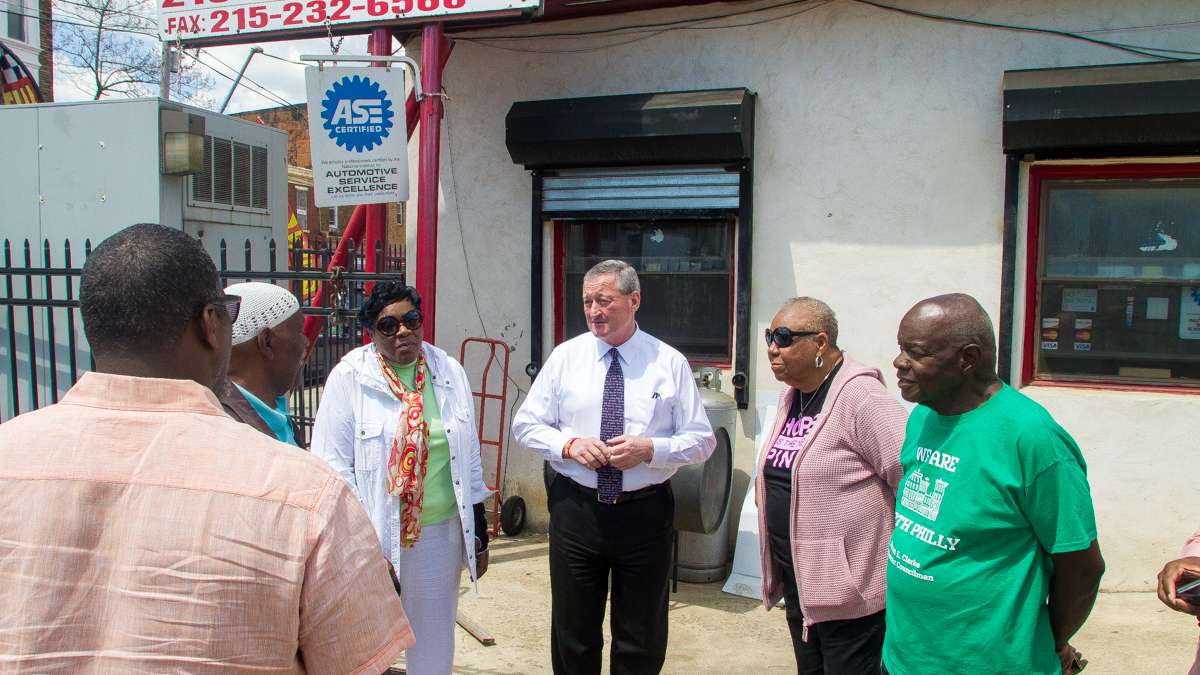
-
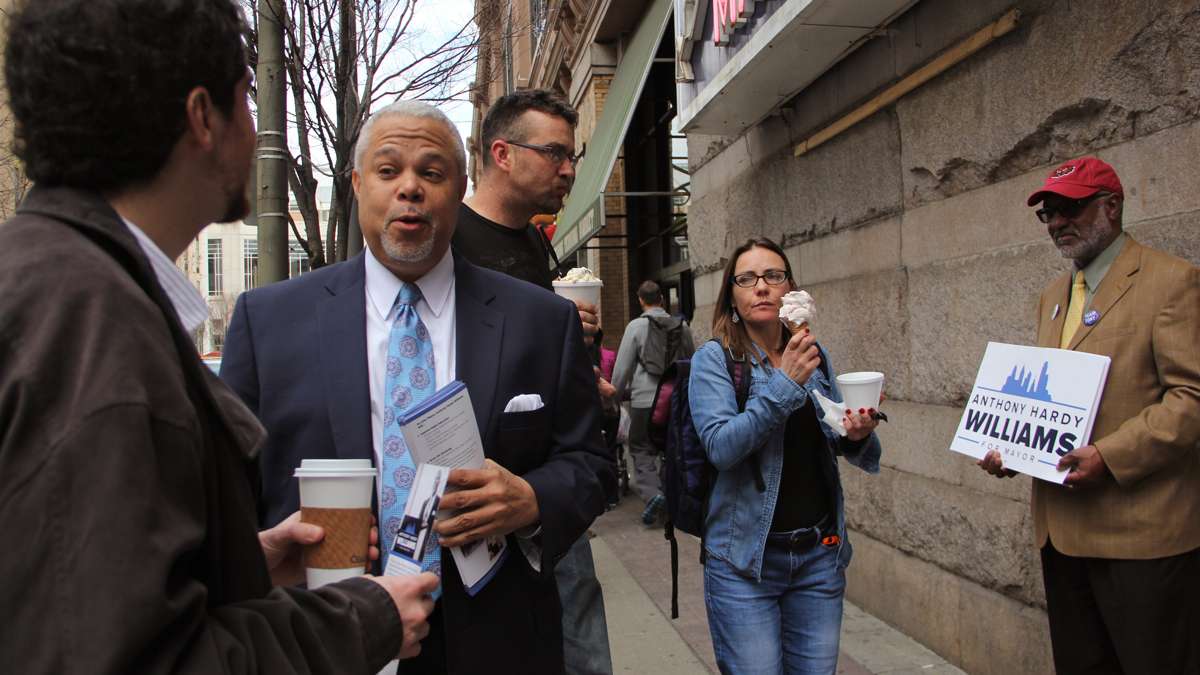
-
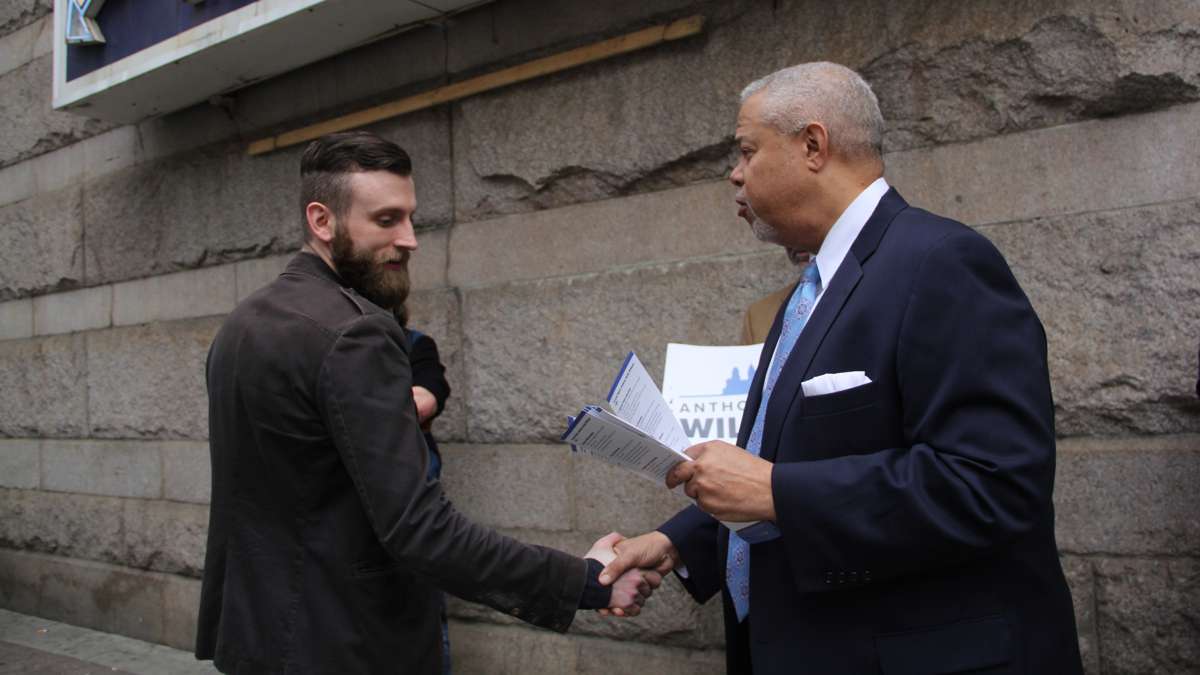
-

-
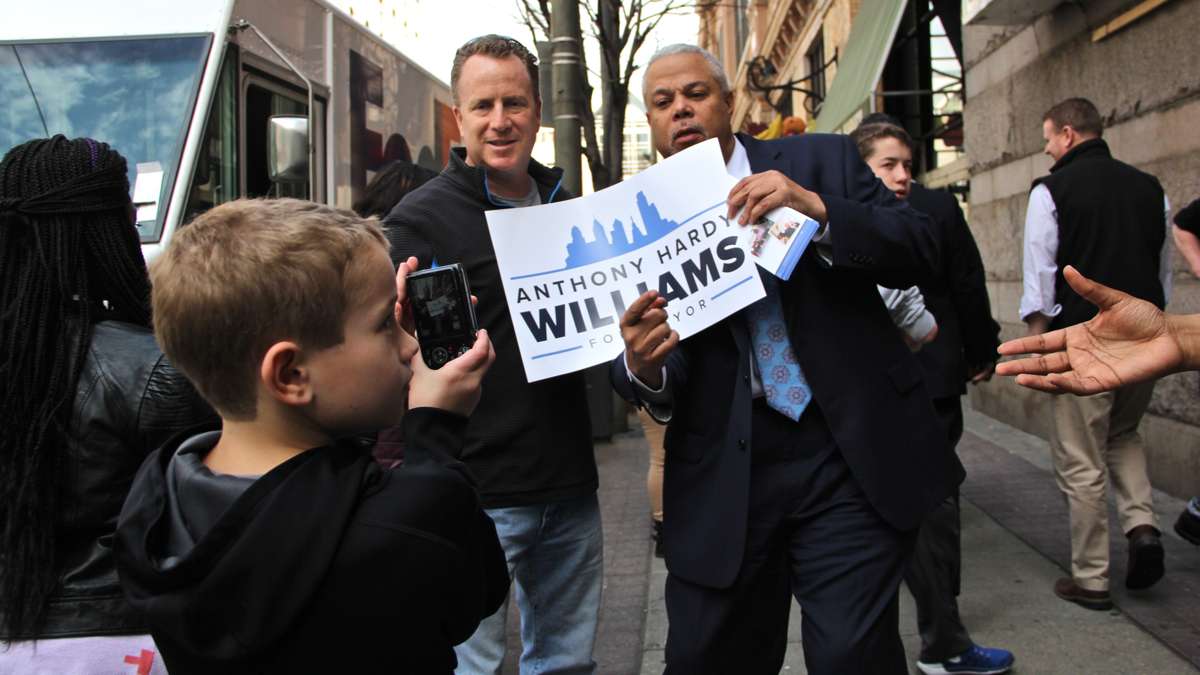
-
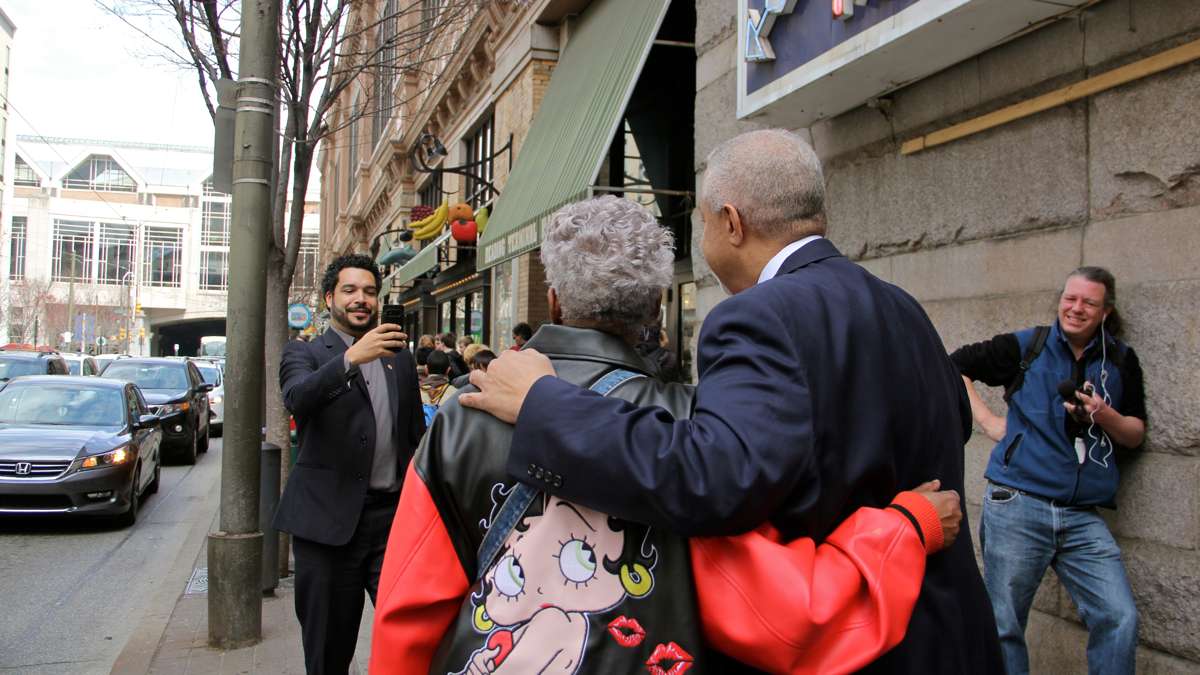
-

-
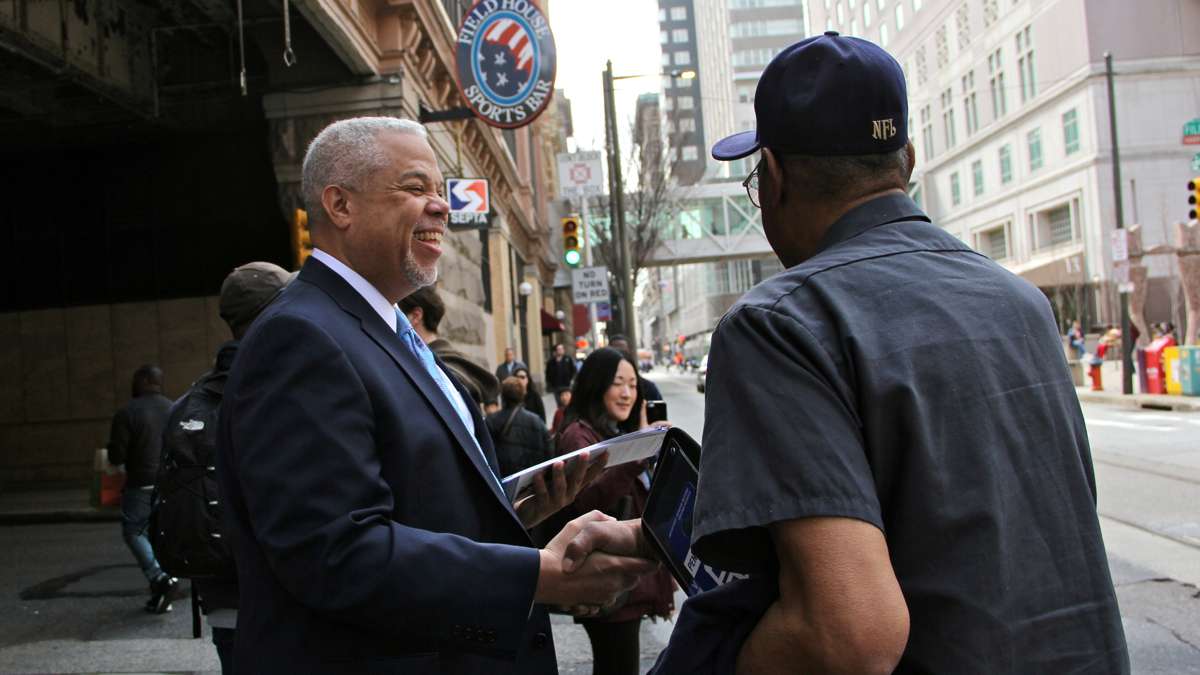
-
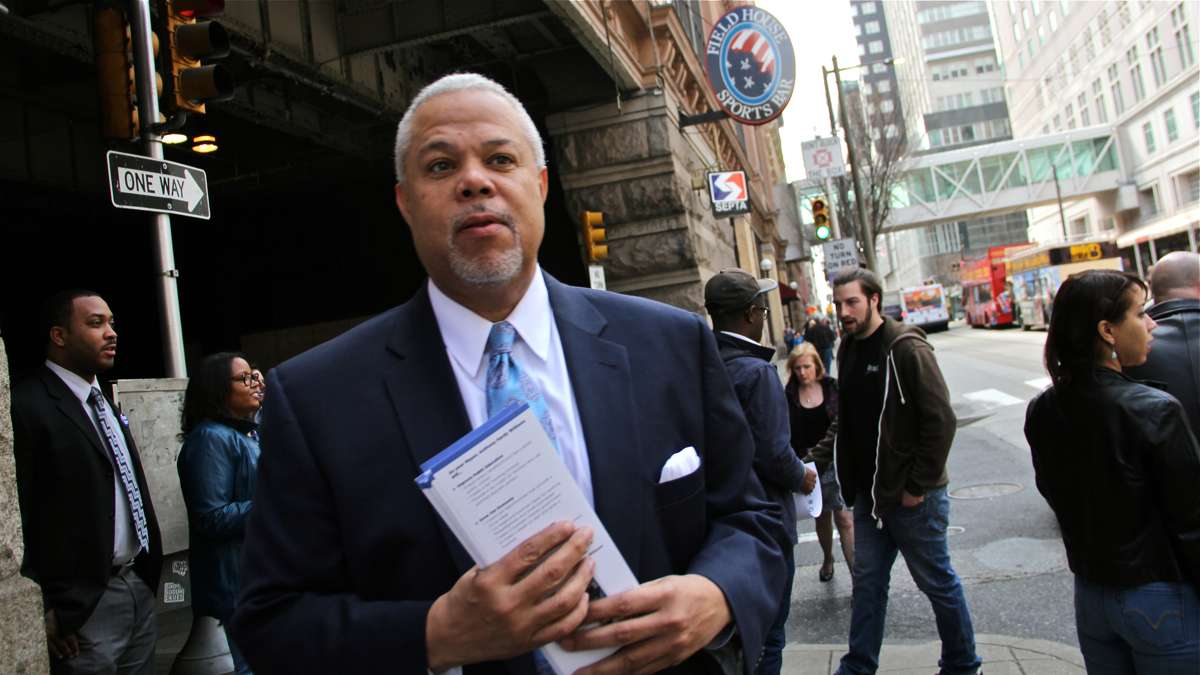
An independent group backing Anthony Hardy Williams is on pace to spend an unprecedented amount in a city campaign.
-
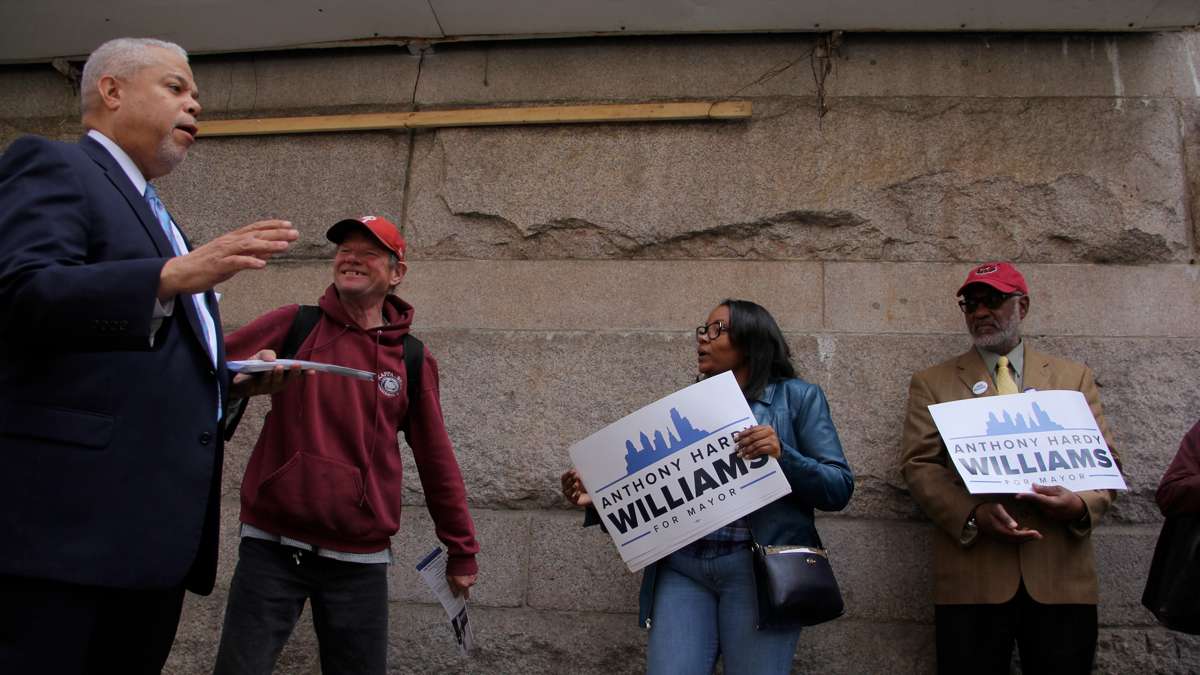
-

-
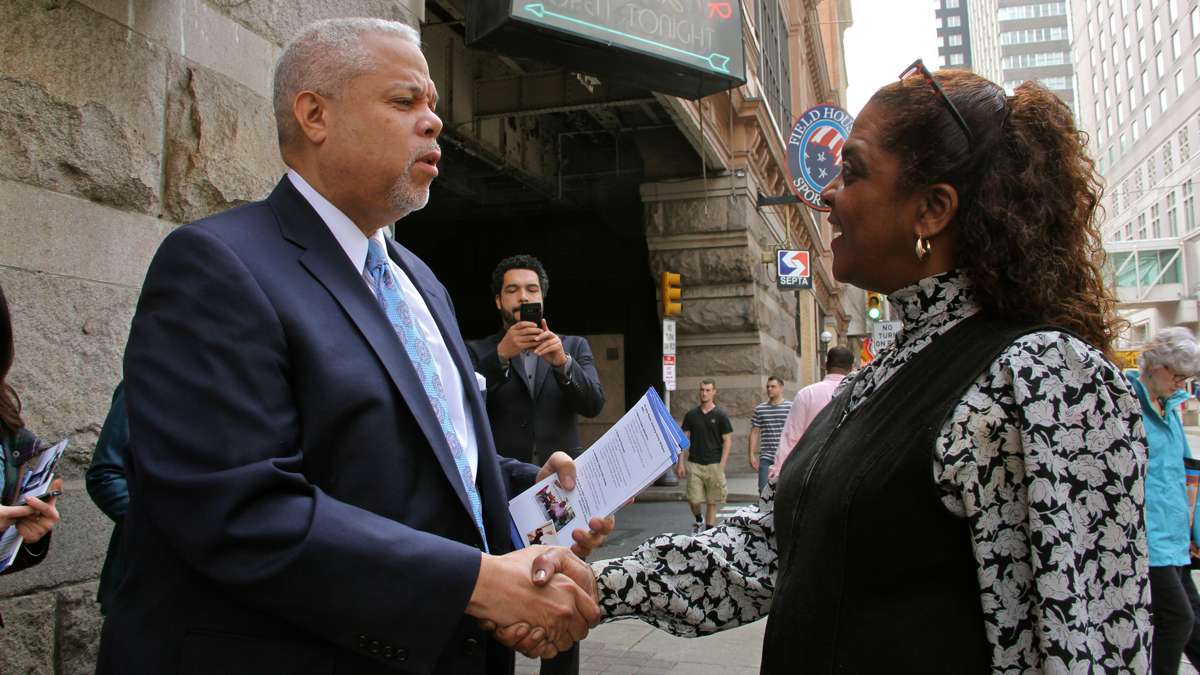
A few years ago, State Sen. Anthony Williams faced a life-threatening illness – he won’t go into the details. As he was recovering from surgery, he said he thought about getting out of politics. Then he realized he couldn’t.
Check out our Pocket Voters Guide here.
“I said [to myself] ‘for whatever reason, you’re committed to this endeavor in life, so you might as well do it,'” he recalled.
“Doing it” in 2015 means running for mayor. Is he ready to lead?
Williams can’t travel through his West Philadelphia district without constantly running into people who remembers his father, the late Senator Hardy Williams, a pioneer of independent black politics in Philadelphia.
His father ran for mayor himself in 1979.
Though Williams is deeply rooted in West Philadelphia, he went to a prep school and Franklin & Marshall College, and spent eight years working for Pepsi before entering politics.
Relationship buildingBut he’s reached a position of leadership in Harrisburg, serving as whip of the Democratic caucus. He’s earned a fair measure of respect in the capitol – a lot of it from Republicans.
“I’ve found him to be, most importantly, a man of his word,” State Sen. Dominic Pileggi told me. “He is very pragmatic. He is not an ideologue or a partisan. He’s very interested in trying to get to a result rather than simply giving speeches.”
Pileggi is a Republican who was majority leader in Harrisburg when Williams sponsored legislation creating local taxing authority to bring $250 million of funding to Philadelphia’s public schools. It’s something Williams cites often on the campaign trail.
Depending on your view, Williams’ warm relations with Republicans in the capitol are evidence of his relationship-building skills, so critical for an effective leader – or a sign that he’s a transactional politician and a phony Democrat ready to sell out public schools to please wealthy donors committed to vouchers and charters.
Williams says he’s long believed in school choice, and makes no apologies for working with Republicans who control the legislature.
“I’ve been in the minority so long that if I want to get something done, I can sit around and talk to Democrats all day,” Williams said in an interview, “but the truth is I have to go across the aisle at some point and say, ‘can I get permission to start the conversation?’ And so I have allies.”
Williams says his experience working in the legislature and the fact that he also represents part of Delaware County have prepared him to represent the city well as mayor, in the suburbs and the capitol.
Hiring good helpAnother important measure of leadership is an ability to recognize and hire top-notch staff. Most agree Williams gets smart people. David Patti, president of the Pennsylvania Business Council, has known Williams for decades.
“Tony seems to recruit and mentor talent. I get the sense that he’s always let his staff pursue their own interests and develop their careers,” Patti said. “I don’t think he’s threatened by his staff. I think he likes helping them. They’re loyal to him and he returns the courtesy.”
A criticism I’ve heard of Williams in the capitol is that while he’s a smart guy, he doesn’t always follow through on his projects. He gets distracted, some say, and he likes to take more credit than he deserves.
I asked State Senator Vincent Hughes, a fellow West Philadelphia Democrat, if Williams can fairly claim, as he does on the campaign trail, that he brought all that money to city schools, through legislation authorizing the sales and cigarette taxes.
“I think he deserves some of the credit, absolutely,” Hughes said. “I mean, he wasn’t the only person involved in those kind of conversations about the sales tax, for example. I think he was a leader, and I think he had an important public voice on that.”
Another Philadelphia Senate colleague, Larry Farnese, give Williams more credit on the school money, saying his persistence on behalf of the city and relationships with Republicans were critical.
“Until you spend time up here and see what goes on, and see how difficult it is to get things passed and get resources to the city, it’s hard to appreciate what he does,” Farnese said. “It’s a relationship business, and how to talk to somebody is as important up here as what is said.”
Farnese has endorsed Williams in the mayor’s race. Hughes hasn’t because of some policy differences, but he says he has no doubts about Williams’ work ethic. As for that knock about not attending to details and following through, Williams says he knows where that comes from.
“When I was younger, the details of how to wrap everything up I did not necessarily know how to do,” he said. “So I’d have good concepts and they would not always get completed, and I’ve moved on to the next thing, and the next thing and leave things behind. But that has not been me for a number of years. I have slowed down enough to commit to issues.”
The ethics testWilliams has served 27 years in the capitol without scandal. Critics note that his wife works for a natural gas drilling industry trade group, and he did vote for Act 13, the legislation that created impact fees instead of taxing drilling based on how much gas a well produces.
Earlier this year the city Ethics Board cited Williams’ mayoral campaign for accepting some contributions in excess of campaign finance limits. And there’s the fact that most of the TV ads for Williams’ this year have come not from his campaign, but three wealthy securities traders who’ve put more than $6 million into a super PAC on his behalf. Those partners in the Susquehanna International Group love Williams’ support of charter schools and his past advocacy of school vouchers.
Williams says he has a track record of independence, and that he supported school choice before he even met the three traders. And he points out, that other Democrats – like the Clintons – have rich friends.
“How’s it work that it’s okay for certain Democrats to have wealthy people as friends and not be influenced, all of a sudden I’m being bought?” he asks.
WHYY is your source for fact-based, in-depth journalism and information. As a nonprofit organization, we rely on financial support from readers like you. Please give today.



